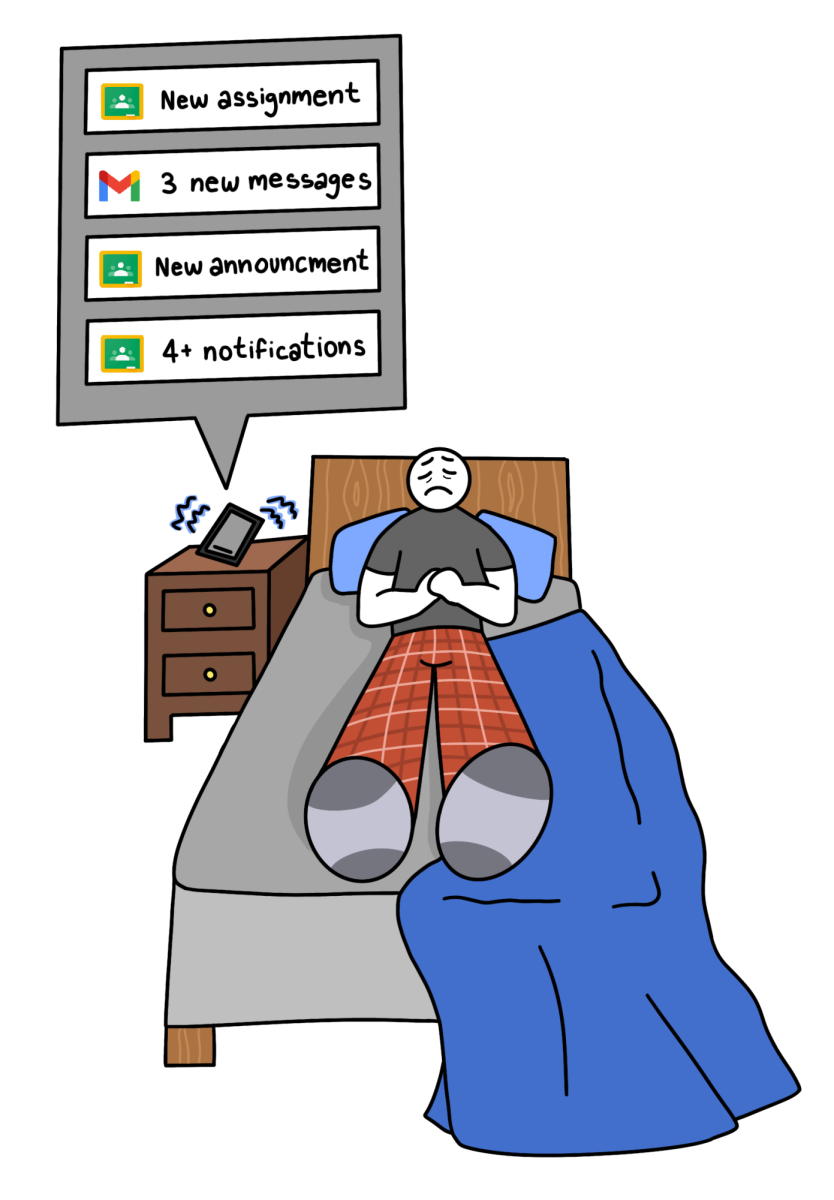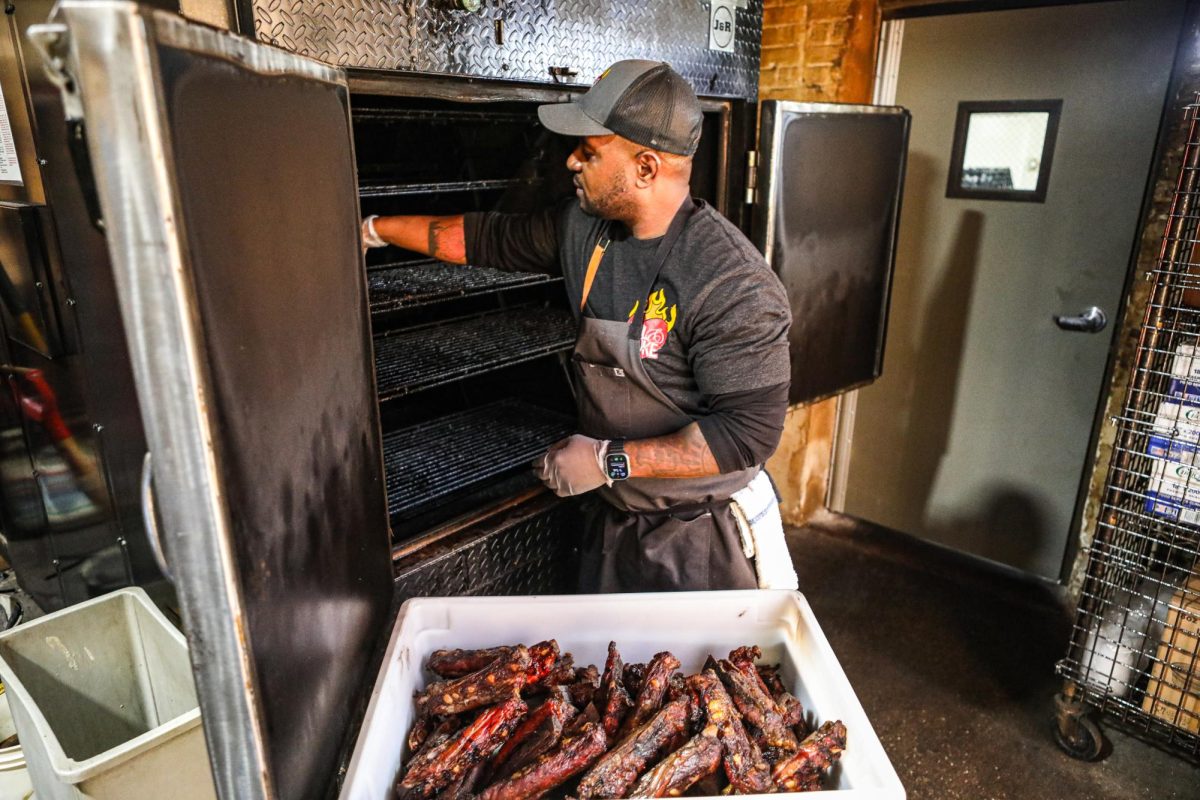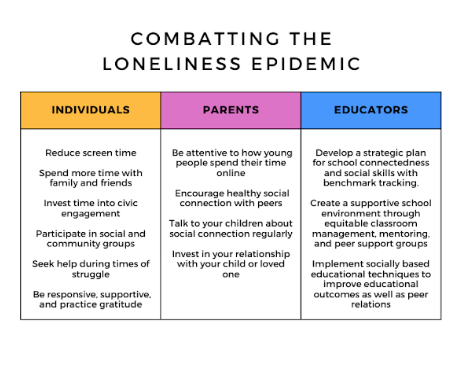Happy New Year! It’s finally 2025, and we’re a quarter of the way to the 22nd Century. Entering the new year is always a special occasion, and most try to begin it as their best selves; a half of Americans make New Year’s resolutions. It’s a wonderful thing to want to better yourself for another year, however, most resolutions last only three months and ultimately fail.
The end of January. That’s when most people decide to give up on their New Year’s resolutions until the next year. According to Minnesota psychologist Terri Bly, one of the reasons that some people fail to follow through with their resolutions is because they’re too big. I’ve done it myself; I said that I would learn an entirely new language by the end of the year, but I obviously didn’t fulfill that goal because it was too overwhelming. Instead of writing down huge achievements you want to make in 2025, Bly suggests writing several small goals that can realistically be achieved over time.
“As humans we’re not wired to make big, sweeping changes,” wrote Bly.
After failing and learning from my mistakes, I have learnt that instead of expecting to be fluent in a new language and disappointing myself, a more sustainable way of reaching my goal is to set small goals, like learning a new phrase in that language every week.
Similarly to goals being too big, what often contributes to failure is making our goals too unrealistic. While getting the lead role in a play is a good aspiration, that is something that is ultimately out of your control, and a more realistic goal is to audition for the lead of a production. If you know that you don’t read as many books as you want to, why would you expect yourself to read at least one novel every month? Think of school, work and other activities that take your time away from reading one book in 30 days; it just isn’t realistic. Instead of disregarding the things that you cannot change that stand in the way of your objectives, consider making small adjustments that fit more conveniently into your schedule. One of my New Year’s resolutions is to complete books that I started in 2024. There is not much left to read and there are only five books, so finishing them is a realistic goal that I can fit into my day-to-day.
Another way that resolutions are often set up for failure can be attributed to an avoidance of planning. Without a plan to reach your goals, you’ll most likely find yourself overwhelmed by the lack of structure and ultimately give up on that resolution because you don’t know how to fulfill it. Sit down, take a piece of paper and write up a solid plan of how you intend to reach your goals. A resolution to save more money is very vague, so instead of simply writing that, devise a specific plan on how you will save money. Determine the specific amount of money that you want to save each month, which strategy you are going to use to save money, and what will hold you accountable if you don’t save your intended amount. With a plan, you have something to refer back to when you get lost so you don’t just abandon your resolutions. A plan also gives you a deadline – if necessary – so you know what pace to be going at to reach your goal.
It’s also easier to achieve resolutions with a partner! Berkeley Haas School of Business Assistant Professor of Marketing Rachel Gershon found that if you have a friend along the way, you might be more likely to achieve your goals. As someone who can’t order food without my friend’s moral support, I can attest that having someone with you along the way can make your resolutions less daunting. Make a collective resolution, or find similar ones that you already have and help each other reach your goals. Other than having someone by your side, having a partner allows someone to hold you accountable if you’re falling behind. A sure-fire way to fulfill your resolutions is to have your friend send embarrassing pictures of you to your crush. You’ll be checking off your New Year’s resolutions in a flash!
We often fail by depending on motivation instead of discipline. Throughout the year, your motivation will rise and fall, a pattern which will likely end in you leaving your resolutions behind. If you know that you are not a very motivated person, don’t try to find things that will motivate you; what if that thing stops motivating you a few months in? Focus on discipline. Follow-through with your goals whether or not you want to. You want to train for a marathon? Stop looking for what makes you want to go run, just get up and do it. Stop listening to external negativity and your own brain’s excuses. If you want to get your resolutions done, do it, even if – no, especially if – you don’t want to.
Lastly, don’t let your mistakes discourage you. Someone once asked me,
“If you spilled a little bit of tea, would you just empty the whole cup?”
“No,” I answered obviously. That seemed like a stupid question; why would I spill everything because I dropped a little bit?
What they said next was the best piece of advice I had ever received: “Then why would you do that with your goals? If you make mistakes along the way, don’t give up. Just carry on.”







